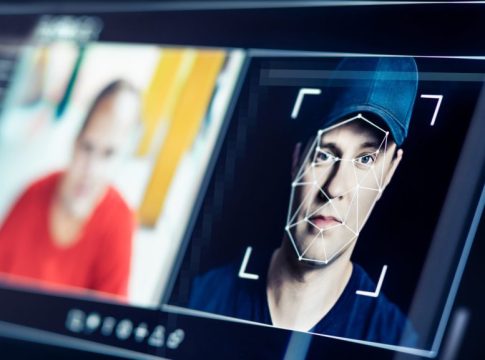The Double-Edged Sword of Artificial Intelligence
Artificial intelligence (AI) has woven itself into the fabric of our daily lives, much like the trusty sidearm in classic westerns—the good or bad ultimately depends on the user. As AI technology advances, the crucial question remains: Will its benefits outweigh the drawbacks?
Everyday Applications of AI
From correcting typos on our laptops to transforming tedious data entry into effortless outputs, AI tools are becoming indispensable. For instance, using AI writing assistants like ChatGPT allows professionals to produce content within minutes, significantly cutting down hours of work. However, this convenience raises questions about quality, especially in critical fields such as law and medicine.
The Stakes of Reliance on AI
Consider law students who might turn to AI with prompts like, “Summarize the Marbury v. Madison decision.” While they might achieve better grades, the real-world implications are sobering. Legal and medical professions demand in-depth understanding and critical thinking, nurtured through mentorship and rigorous study. Over-reliance on AI could erode the foundational teacher-student relationship, potentially putting future patients and clients at risk.
Ethics and AI: A Papal Perspective
Recent statements from Pope Leo XIV highlight the ethical concerns surrounding AI. He likens the new technology to the industrial revolution—a tool that could undermine human dignity. One particularly alarming example is the emergence of “deepfake” videos. A viral AI-generated video featured what appeared to be the pope endorsing a controversial military leader—an illusion that’s difficult for many to discern from reality.
The Implications of Deepfakes
As AI-generated content grows more sophisticated, the risk of misinformation escalates. In a world where distinguishing truth from fabrication becomes increasingly challenging, the credibility of voices we trust—such as religious or political leaders—hangs in the balance. Vatican officials have expressed concern that this trend could jeopardize public trust in communication.
Looking to the Past for Guidance
While many are captivated by AI’s rapid evolution, we might benefit from reflecting on historical wisdom. The insights of thinkers like St. Augustine remind us that slow, thoughtful discourse has been effective in shaping understanding and fostering connection—qualities that technology should enhance, not replace.
Conclusion: Navigating the AI Path Forward
As we continue to navigate the complexities of artificial intelligence, we must remain vigilant against the potential dangers of unchecked technological advancements. Recognizing both the promise and peril of AI will be essential as we move forward. Ultimately, leveraging technology with ethical considerations in mind will help us shape an intelligent future, grounded in trust and human dignity.
As we consider the warnings of past leaders, let us not become passive consumers of technology but active participants in shaping a responsible AI landscape.

Writes about personal finance, side hustles, gadgets, and tech innovation.
Bio: Priya specializes in making complex financial and tech topics easy to digest, with experience in fintech and consumer reviews.

